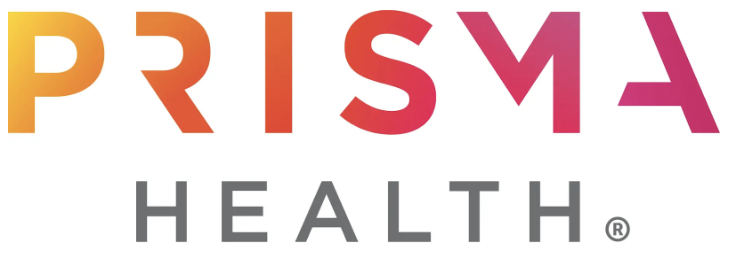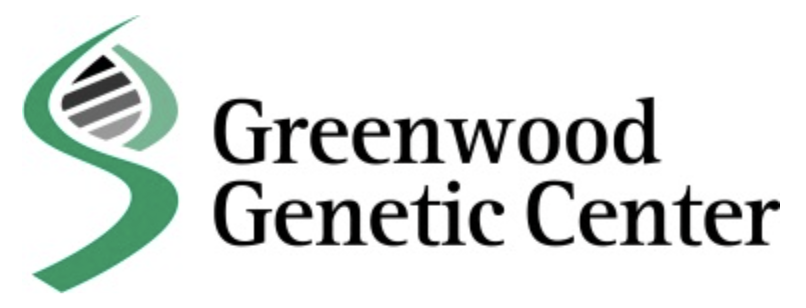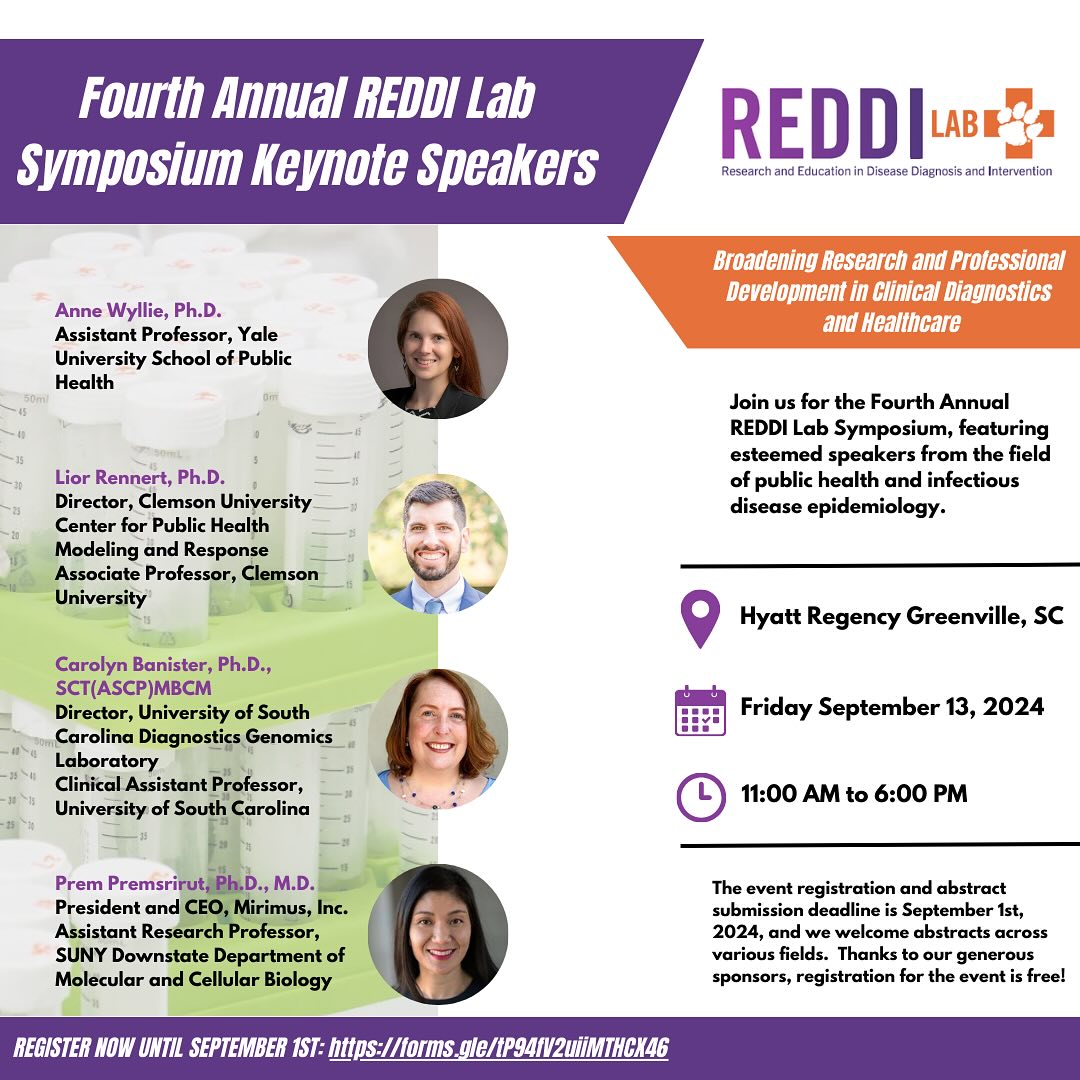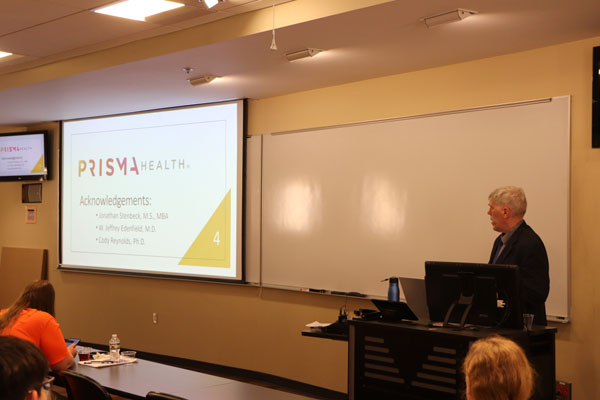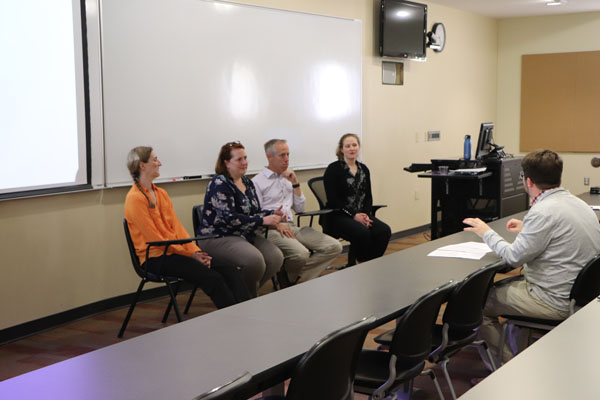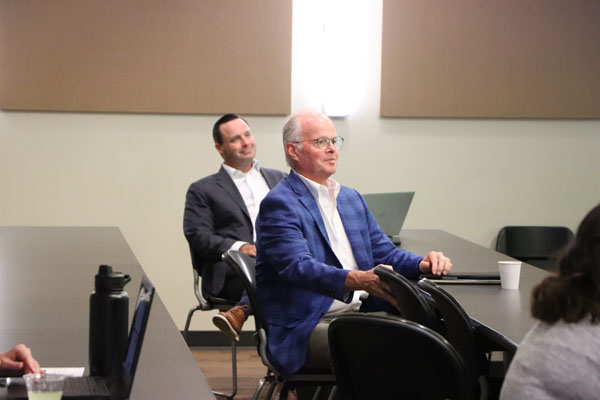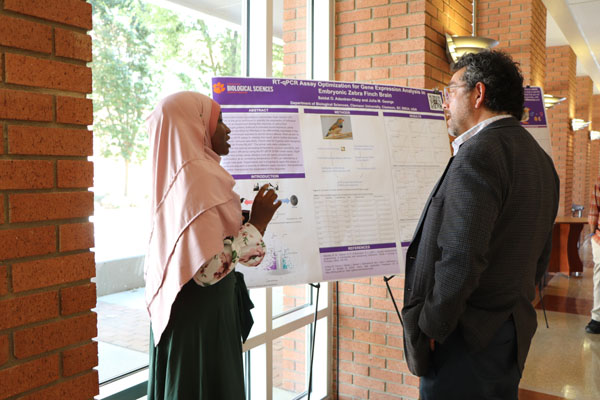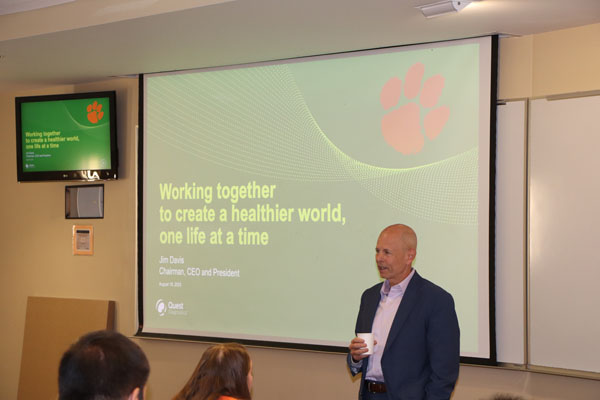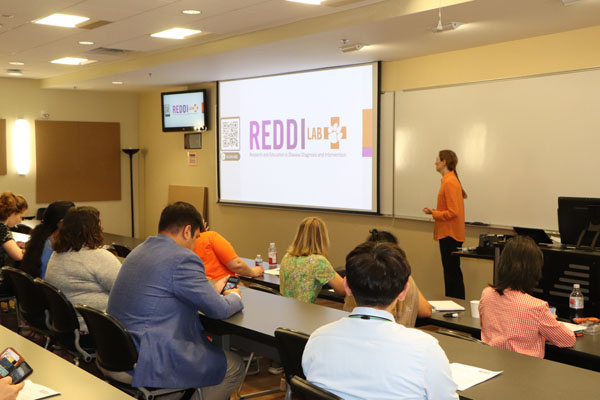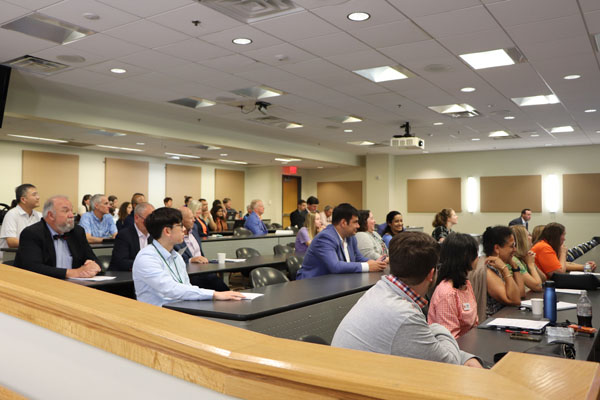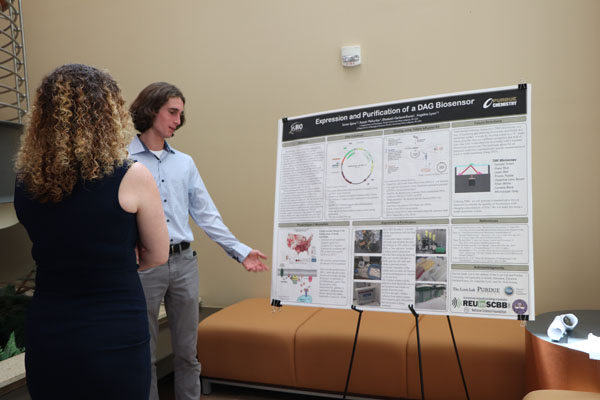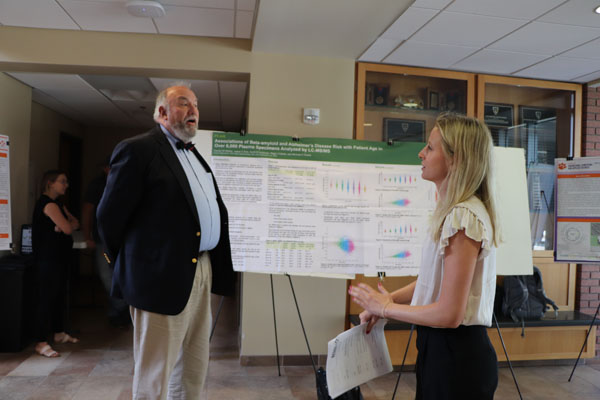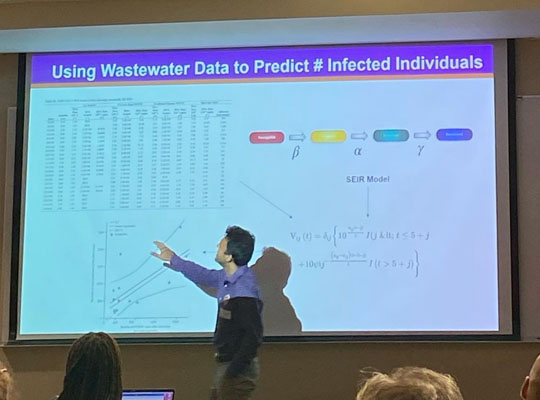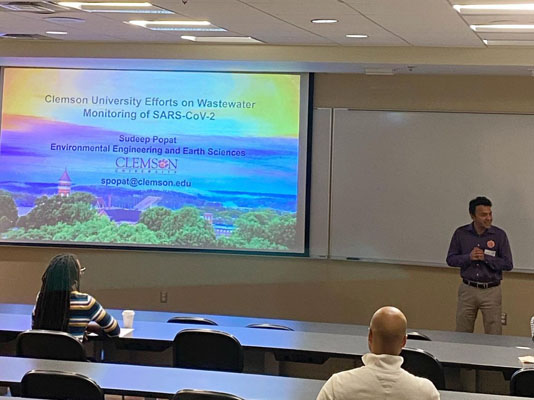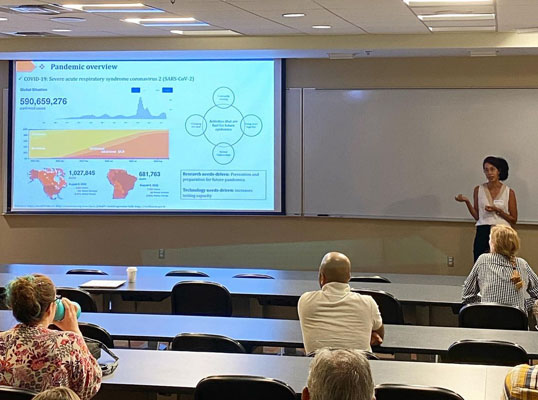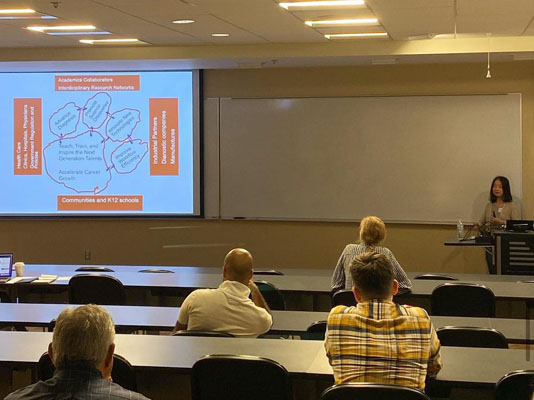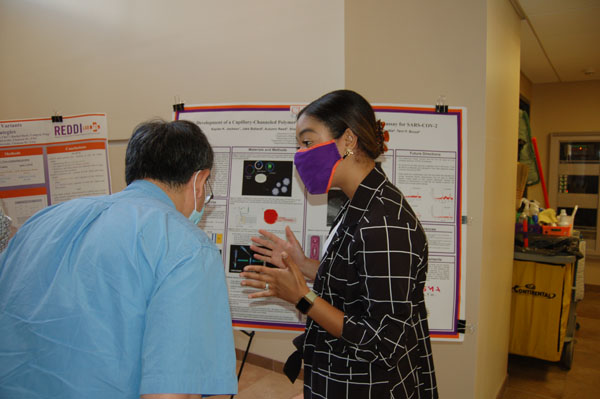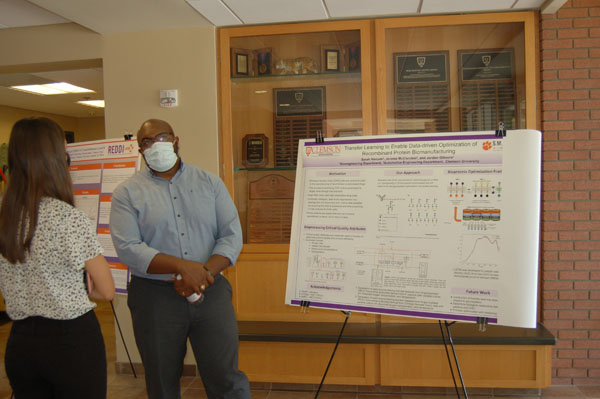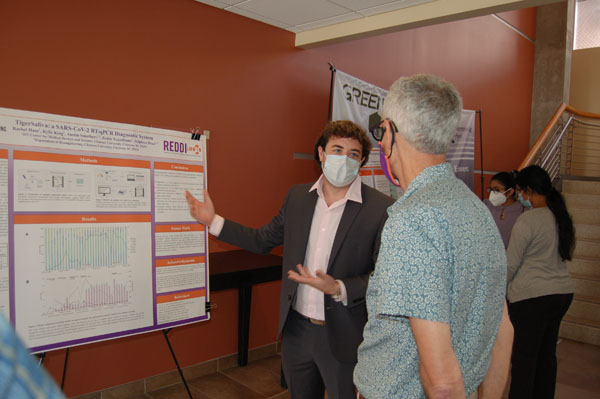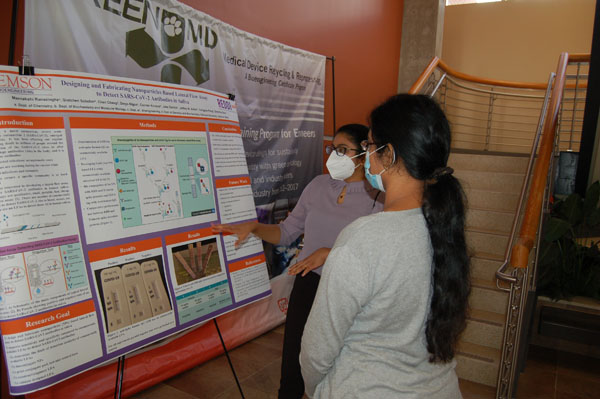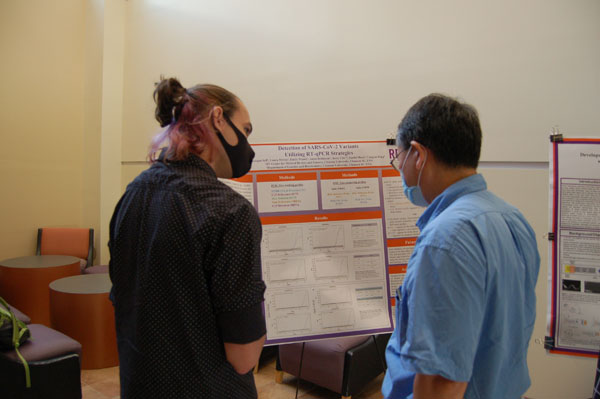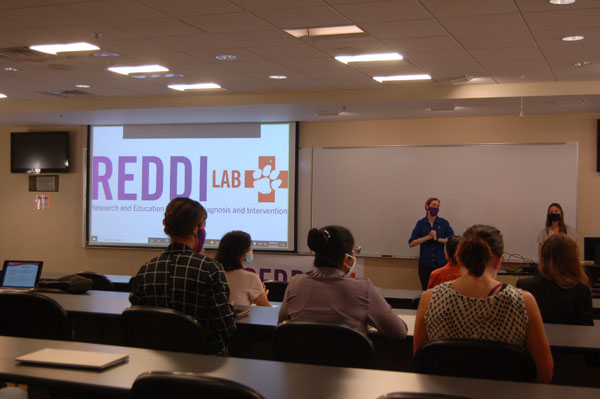Symposium
Join Us
The REDDI Lab is excited to announce our fourth annual symposium, "Broadening Research and Professional Development in Clinical Diagnostics and Healthcare," scheduled for Friday, September 13, 2024, at the Hyatt Regency Greenville. We are pleased to offer free registration, thanks to the generous support of our sponsors. Please note that event registration and abstract submissions are due by September 1, 2024.
This year's symposium will focus on advancing public health efforts and exploring infectious disease epidemiology. We invite submissions of abstracts related to diagnostics, therapeutics, or genetics-based research across a range of diseases and disorders. We look forward to your participation and to the vibrant discussions that will emerge from this event.
Registration & Abstract Submission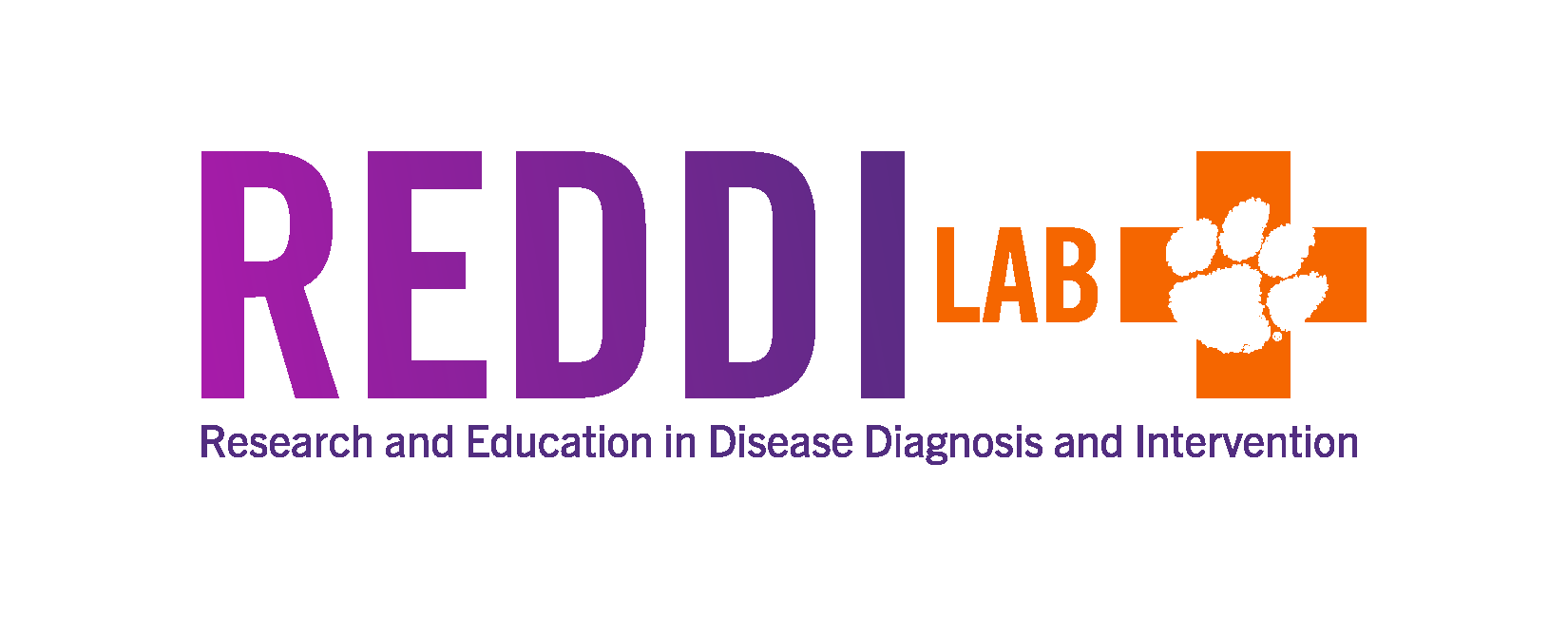
Guest Speakers
Keynote Speakers
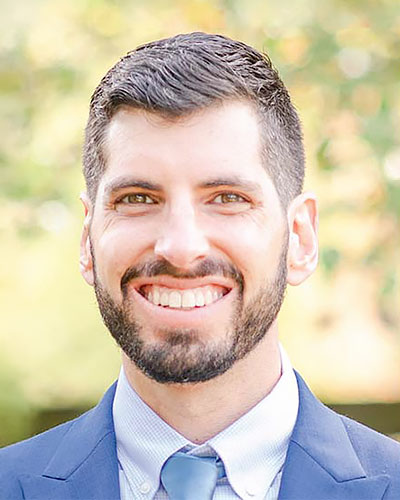
Lior Rennert, Ph.D.
Clemson University
Associate Professor, Department of Public Health
Director, Center for Public Health Modeling and Response
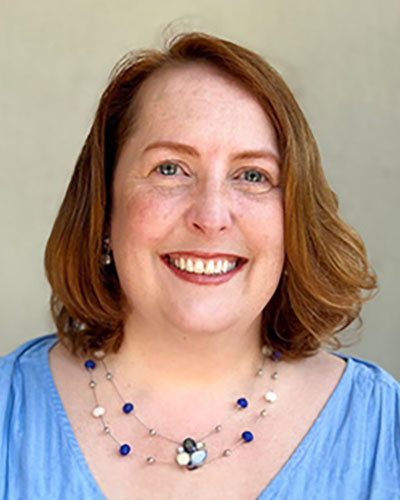
Carolyn Banister, Ph.D., SCT(ASCP)MBTM
University of South Carolina
Clinical Assistant Professor, College of Pharmacy
Director, Diagnostics Genomics Laboratory
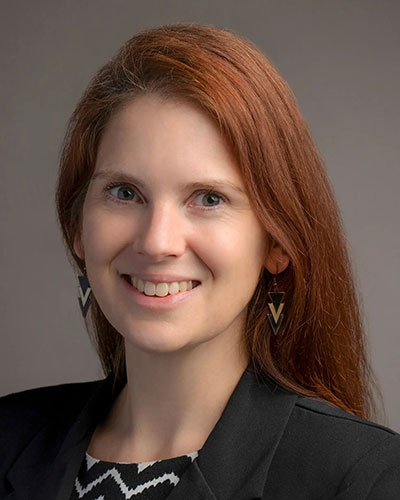
Anne Wyllie, Ph.D.
Yale University
Assistant Professor, School of Public Health
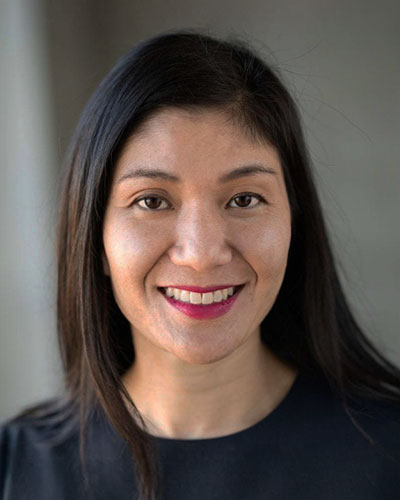
Prem Premsrirut, MD, Ph.D.
SUNY Downstate
Assistant Research Professor, Department of Molecular and Cellular Biology
Mirimus, Inc.
President and CEO
Panel Discussion Leaders
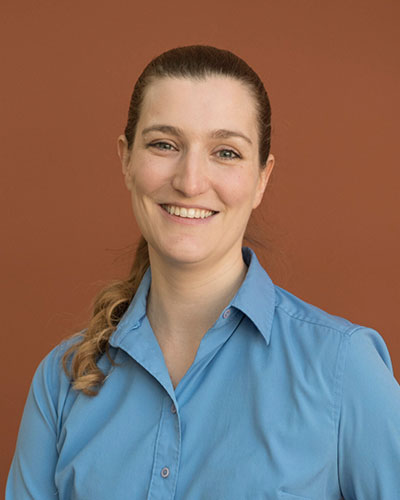
Delphine Dean, Ph.D.
Clemson University
Ron and Jane Lindsey Family Innovation Professor/ Department Chair, Department of Bioengineering
Director, Clemson University Research and Education in Disease Diagnosis and Intervention (REDDI) Lab
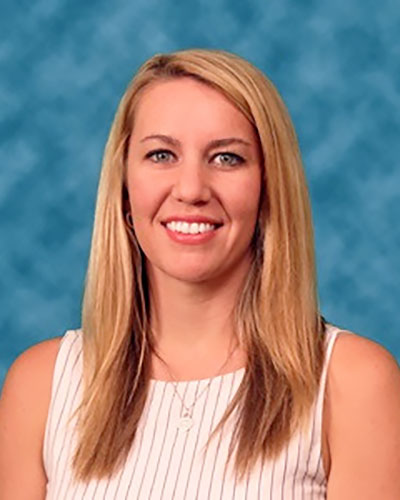
Melissa Nolen, Ph.D., MPH
University of South Carolina
Associate Professor, Department of Epidemiology and Biostatistics, Arnold School of Public Health
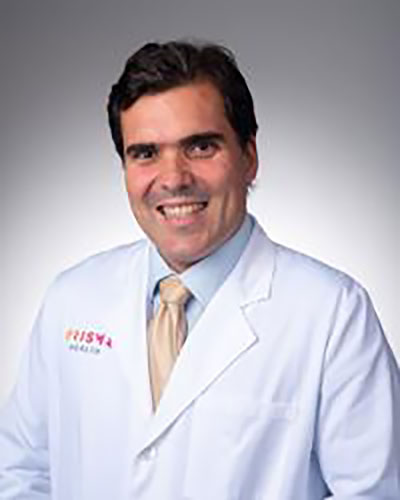
Gustavo Guimaraes Rangel, M.D
Prisma Health
Surgeon, Pediatric Otolaryngology
University of South Carolina
Clinical Assistant Professor of Surgery, School of Medicine - Greenville
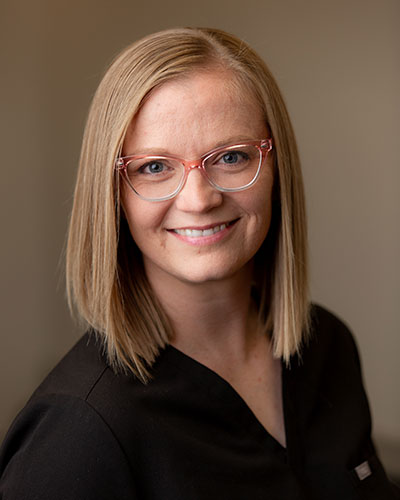
Sarah Nickel, M.SM, MLS(ASCP)CM
Wichita State University
Associate Professor, Department of Medical Laboratory Sciences
Director, Molecular Diagnostics Laboratory
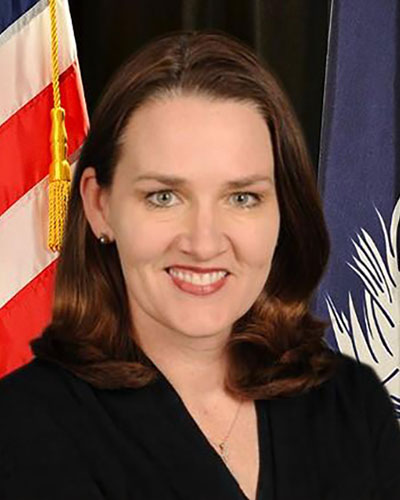
Windsor Westbrook Sherrill, Ph.D., MHA, MBA
Clemson University
Provost Distinguished Professor, College of Behavioral, Social, and Health Sciences
Associate Vice President, Health Research
Broadening Research and Professional Development in Clinical Diagnostics and Healthcare
The Annual REDDI Lab Symposium features esteemed Speakers from the fields of public health and epidemiology.
History
The REDDI Lab's annual symposiums are a testament to the institution's commitment to addressing pressing global challenges through collaborative research and knowledge dissemination. These symposiums serve as pivotal events where experts, faculty, and students converge to explore and share insights into the multifaceted dimensions of the COVID-19 pandemic and beyond. The REDDI Lab, known for its dedication to research, innovation, and development, orchestrates these symposiums to facilitate a comprehensive understanding of the virus's impact on public health, technology, and various scientific disciplines.
Attendees can expect a platform where cutting-edge research findings, innovative solutions, and interdisciplinary perspectives converge, creating a collaborative environment to advance the collective understanding and response to the ongoing global health crisis. The REDDI Lab’s annual symposiums exemplify a commitment to leveraging research and expertise to contribute meaningfully to the international discourse on pandemic challenges.
The COVID-19 pandemic highlighted symposiums as crucial platforms for addressing global health crises. During this period, symposiums have been vital for sharing timely information on the virus, its variants, and diagnostic methods. The REDDI Lab's steadfast organization of symposiums during challenging times demonstrates its dedication to public health. Virtual formats have made these events more inclusive, democratizing access to information and fostering broader participation. This accessibility has proven especially important during the pandemic, facilitating effective information dissemination and collaboration amidst evolving circumstances.
Symposiums focusing on pandemic preparedness and responses have played a pivotal role in accelerating research efforts and promoting global collaboration. Amidst the dynamic pandemic landscape, these gatherings have provided a timely platform for scientists, healthcare professionals, and policymakers to exchange insights, tackle emerging challenges, and devise effective strategies.
They have also addressed societal concerns and ethical considerations, fostering a comprehensive understanding of the pandemic's broader impacts on public health and society. By facilitating collaboration among experts nationwide, these symposiums have expedited the development of diagnostic tools and influenced public health policies and vaccination strategies. Their interdisciplinary approach has proven essential in addressing the multifaceted dimensions of the pandemic, spanning diagnostics, treatment, and prevention.
During an endemic, symposiums are vital forums for ongoing dialogue and collaborative problem-solving among scientific and healthcare professionals. These gatherings provide a structured platform to share evolving insights, discuss the latest research, and strategize effective responses to endemic challenges. Unlike occasional conferences, symposiums foster continuous learning, keeping participants informed about the dynamic landscape of healthcare. Their interdisciplinary approach encourages collaboration across fields to develop comprehensive solutions. Symposiums also facilitate engagement with policymakers, integrating research-driven strategies into public health policies. As understanding evolves and new aspects of the endemic surface, these events serve as crucial centers for collective intelligence, enhancing resilience in navigating endemic complexities.

Sharing disease diagnosis strategies across different medical contexts is crucial for fostering innovation and improving healthcare outcomes. Symposiums enable experts from diverse fields to discuss the applicability of diagnostic approaches, enhancing lab professionals' ability to refine methods and integrate new techniques. This collaborative spirit advances diagnostic accuracy and patient care, facilitating the adaptation of successful strategies across various medical conditions. By exchanging research findings and case studies, symposium participants contribute to a collective knowledge base, accelerating progress and promoting interdisciplinary breakthroughs in diagnostic sciences.



